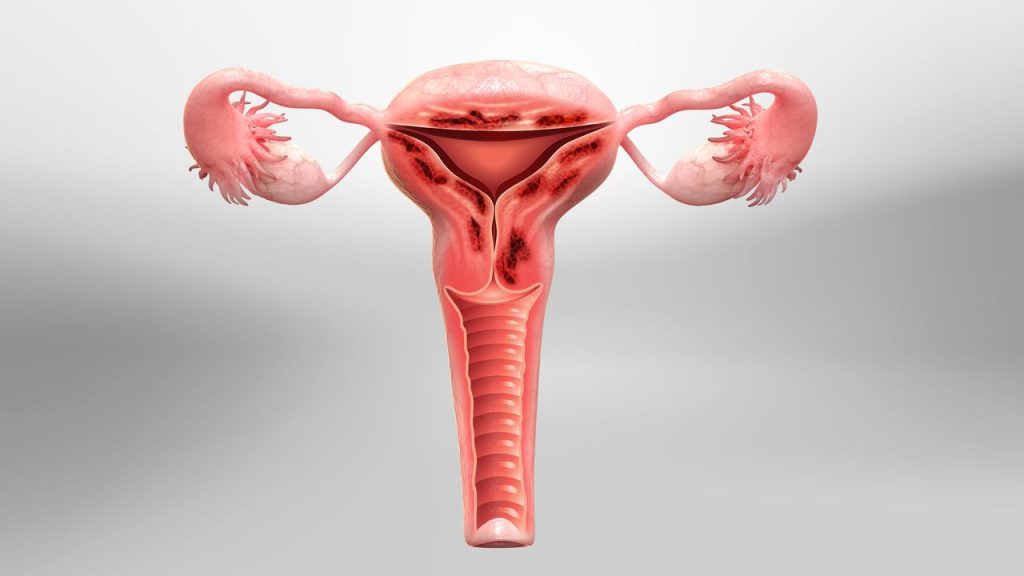What is work-life balance?
Work-life balance refers to the juggle between the demands of work and your home and family life. If you struggle with work-life balance, you might find that you are often rushing to manage different commitments, often left feeling like you are doing no areas well.
If you work long hours, it can be more difficult to achieve a healthy balance between work and your personal life. Working long hours may impact your health, make your work unsafe, increase your stress levels and cut into time for leisure activities.
A good work-life balance means you have harmony (most of the time) between the different aspects of your life. Outside of work you will have time to spend on other things, such as caring for yourself and your family, and leisure activities. If you can spend time on personal care, socialising, hobbies and relaxation, this can support your overall wellbeing.
It’s important to prioritise wellbeing, which is often seen as being of less importance than paid work or chores.
Who has poor work-life balance?
Australians work hard. You might be one of the 13% of people (more than 1 in 10) working more than 50 hours per week. This is considered ‘very long hours’ by the Organisation for Economic Co-operation and Development (OECD).
Working overtime is common, especially if you are young, male or in a full-time job.
If you have a family, you might feel pressure to both:
- provide for them by working
- care for them by doing tasks at home
If you are studying as well as doing paid work, this can also make it more difficult to find a good balance in your life.
Many people work part-time, low wage, casual jobs, which can mean working unsocial hours. If you have less work than you need to cover your bills and expenses this will increase your stress levels and can impact your mental health.
What are the positives and negatives of work?
While not everyone is able to work, employment generally helps your mental and physical health and wellbeing.
Work can:
- provide you with a daily routine and structure
- boost your activity levels
- provide a sense of identity
- offer meaning and purpose to your life
- be a source of friendships
- provide you with a sense of community
- give you financial independence
Unemployment, on the other hand, can lead to poor mental and physical health.
You might find there are downsides to working that can add to feelings of stress. Some examples are:
- feeling isolated or lonely at work
- getting few rewards for your efforts
- worry about losing your job or not getting shifts
- lack of control in the job
- feeling unsafe at work if you are tired from very long hours or shift work
- pressure to stay connected at the weekend or check emails when on holiday
If you can find a good balance between work and other demands, you are likely to:
- be happier
- be more productive
- take fewer sick days
- stay in your job for longer
Flexible hours and working from home can be helpful if this is possible in your job. You can ask your employer about flexible working arrangements.
Burnout
Burnout is when you:
- feel mentally and physically exhausted for a long time
- have a lack interest at work
- dread or avoid going to work
- feel overwhelmed and emotionally drained
- find it hard to complete simple daily tasks
Burnout may:
- cause physical symptoms like stomach pains, headaches and sleep disturbances
- make it hard to concentrate or be creative
- lead to negative feelings about your co-workers and a lack of confidence in your own ability to function at work
- cause a lack of enthusiasm or drive to do your work well
You may get burnout if you have focused all your energy on your work for a long time and not given enough energy to your health, family and friends.
Burnout is usually an extreme form of work-related stress. It can also be due to other parts of your life, such as being a long-term carer.
Tips for a healthy work-life balance
1. Know your values
Try to spend some time thinking about what is important to you in life. Consider your passions and interests, and make time for the things that make you feel alive. How much time do you really spend on your priorities?
2. Practise time management
Do you ever wonder where the day went? Calendars, apps and to-do lists are all useful methods for keeping track of how you spend your time.
You could review a typical week and see if you can use your time better. You might be able to save time by shopping online more or working from home a couple of days a week to reduce your commute. You could see if some meetings or tasks can be done by phone/video or email instead of in person.
You might realise that social media is swallowing chunks of your day.
3. Set boundaries
If you find it hard to say no, you could try to set limits on your work time and pre-plan time for other activities.
Let people know when you will be off-line. Step away from your phone, turn off your work emails or go internet-free for a few hours.
Do you have someone who can share the load? Can you take the pressure off yourself and accept that good enough is okay?
4. Enjoy your work
‘Do what you love and love what you do’ is a great catchphrase and something to strive for. Most jobs can be tedious or stressful at times, but if you really hate your job or it’s making life impossible it might be time for a change.
Ask your employer about flexible work arrangements. See if you can move to a different team or retrain. You could set up a side-hustle for a few hours a week to try out a new way of making a living.
5. Review your finances
Do you really need a new car or laptop? Could you get some of the things you need second-hand? Can you manage in a smaller home? Can you ‘DIY’ parts of your home renovation? Can you bring lunch to work instead of relying on take away?
Maybe you are eligible for some government support.
Research shows that once our basic needs are met, a higher income does not necessarily lead to happiness. Spending less money could mean fewer work hours and more time to yourself.
6. Nurture relationships
Positive relationships and social support help build resilience and lead to more adaptive ways to cope with stress. Strong relationships take time to nurture and develop.
Prioritise quality time with your family, friends, neighbours and loved ones.
7. Focus on your health
Regular exercise is known to reduce stress, anxiety and depression.
Make sure you get enough sleep at regular times.
Try to eat healthy food, drink alcohol in moderation and avoid illegal drugs.
8. Have down time
Taking time to rest and recharge is vital to help you succeed in what is important to you. Schedule regular time off for yourself each week to relax, read a book, play sport, spend time in nature or just do nothing. Choose any activity you enjoy.







































